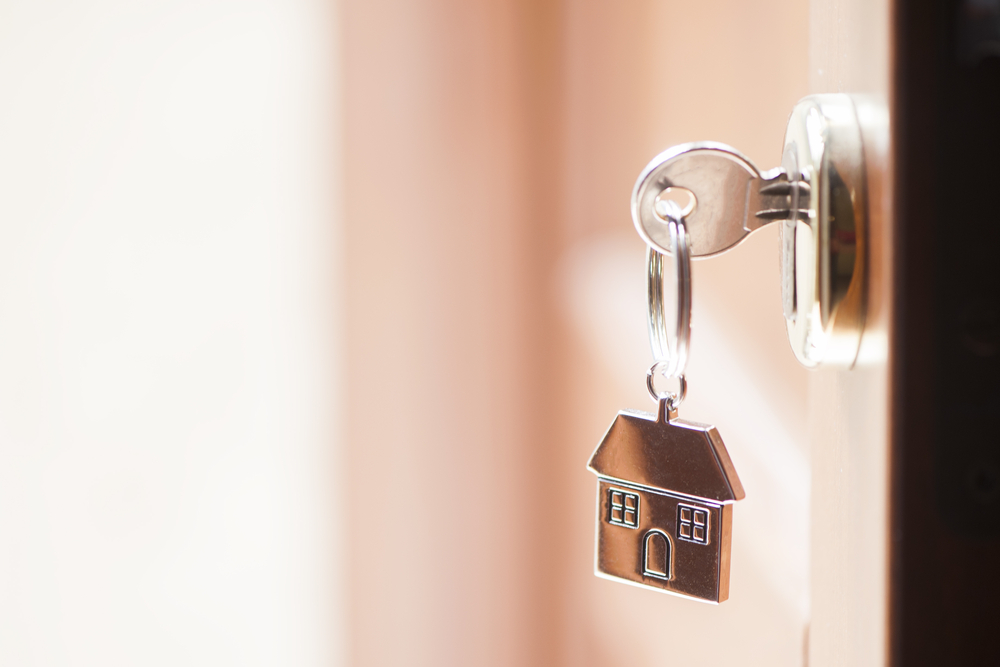If you’re in the process of buying a home, especially for the first time, you’ve probably been told, whether by your real estate agent or a well-meaning family member, that you need to have a home inspection. These are fairly standard and, typically, the two real estate agents involved in the deal will negotiate who should pay for the inspection to take place.
Assuming, that you’ve never undergone a home inspection before, you might not know what to expect on the day of your scheduled appointment. This guide will help you know what your home inspector will be looking at and how it could impact you as you finalize the purchase of your new home.
Everything that is looked at during a home inspection
- Foundation problems – One of the first things any good home inspector will check is a home’s foundation. Cracks, loose stones, and other issues can indicate that the house doesn’t have solid bones. This is a major red flag for prospective buyers. Many issues with houses can be fixed, but serious foundation problems can cost tens of thousands to repair and, even still, may not be completely structurally sound.
- Interior mold and mildew – With indoor air quality being one of today’s hot topics, mold and mildew are something any reputable home inspector will be on the lookout for. In addition to causing health problems for you and your family members, mold can indicate a larger moisture problem within the home you’re planning to buy.
- Roof and chimney condition – A home’s roof is extremely important. Not only does it keep precipitation out, but it can add to or detract from the curb appeal of a house. Home inspectors only care about structural issues, though, not aesthetic ones, so they will be checking to see how old your new home’s roof and chimney are and if they have any problems that could immediately cause issues.
- Electrical configuration – Although home inspectors generally check the electrical lines, outlets, and breaker boxes in every home, it is a particularly crucial step in older houses that may not have been wired to comply with modern codes. If problems are detected, you’ll probably need to have an electrician check things out before you even sign your closing documents. Electrical issues should not be put on the back burner.
- Plumbing issues – Home inspectors always check pipes to make sure they are run correctly and they have no clogs or cracks. They also generally check water pressure in various areas of a house. The cost of plumbing repairs can quickly add-up, so it’s important to make sure everything is in order before you move into your new house.
Remember, these are just the basics for home inspectors. If you have specific concerns about your new home, share them with your inspector so he or she can be on the lookout for any additional problems that are worrying you and your family. Once you receive your inspector’s report, you and your real estate agent should review it to determine if the house is still worth buying and whether or not you want to ask the sellers for any additional funding for repairs.
If you are ready to schedule your home inspection or have questions about the process contact MGA Home Inspections. We are happy to help you conduct a home inspection so you know the home you are in the process of buying is a smart investment. For questions or to schedule your appointment – contact us on our website or you can call/text us at 1 (978) 973 – 9783.

